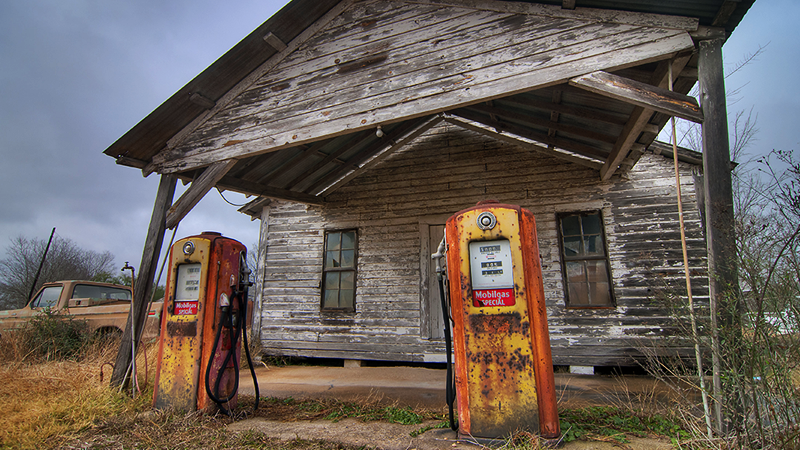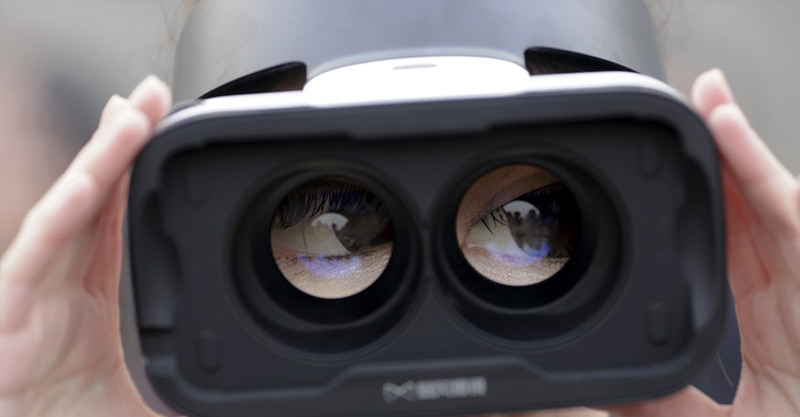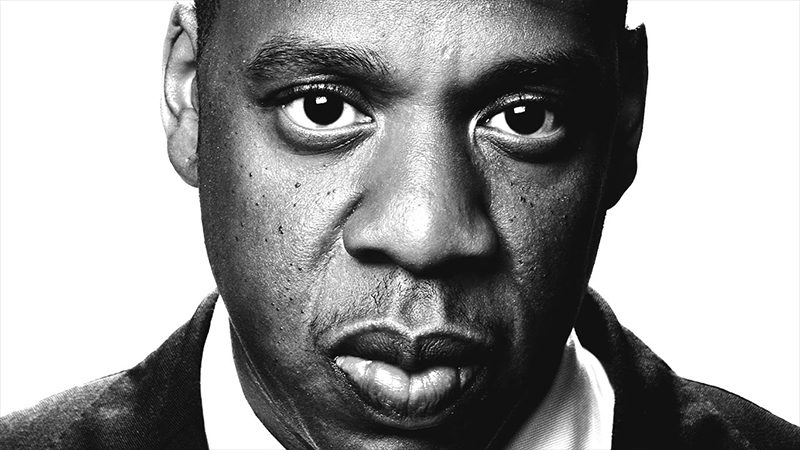It has been a difficult year for the left politically, but at least with respect to the minimum wage, progressive activists had major victories — including in a couple of very red states.
As a result, the minimum wage will increase in 19 states as 2016 comes to a close, according to figures compiled by the National Conference of State Legislatures. Two more states and the District of Columbia will raise the minimum later in the new year.
The greatest increase will apply to companies in New York City with at least 10 employees. Minimum-wage workers at these businesses will receive a raise of $2 an hour on Saturday as the floor increases from $9 to $11. More-modest increases will apply to smaller firms in New York City and companies elsewhere in the state.
Workers also will receive substantial raises in states carried by President-elect Donald Trump. In Arizona, the hourly minimum will increase from $8.05 to $10. The floor will increase from $7.50 to $9 in Maine, from $8.50 to $8.90 in Michigan and from $8 to $8.50 in Arkansas.
[Why raising the minimum wage in Seattle did little to help workers, according to a new study]
Those increases follow a series of convincing wins for labor on the issue in Republican territory. Polling by the Public Religion Research Institute last year found that 3 in 5 Republicans and nearly 3 in 4 independent voters would support increasing the federal minimum wage from $7.25 to $10.10.
In 2014, for instance, voters approved increases in Alaska, Nebraska and South Dakota. In Arizona in November, voters approved an initiative to increase the minimum wage by a comfortable margin of 58 percent to 42 percent.
Trump, who carried Arizona with 49 percent of the vote, has taken inconsistent positions on the minimum wage.
When asked in a debate a year ago whether he supported an increase in the minimum wage, he said, “I would not do it.” In May, though, Trump altered his position, seeming to suggest that, while he would support an increase in the minimum, he thought that states should set the levels and that the federal government should not enforce a minimum at all.








